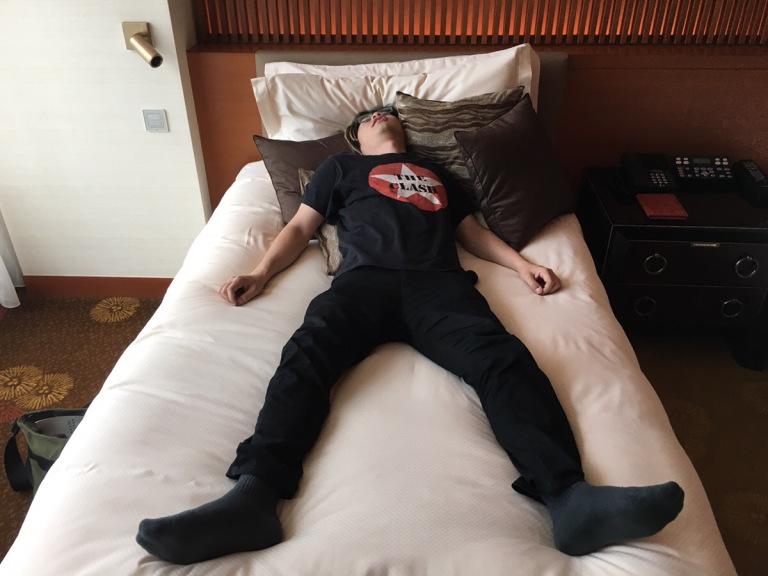
More naps, more early bedtimes, and even more difficulty sleeping are some of the changes people experienced.
Teleworking has changed the game for a lot of Japanese households. Though it has its difficulties, many people seem to have liked the switch to remote work, as it offers more time with family and for non-work activities.
It has also, it seems, had an effect on people’s sleep patterns, both for better and worse. Japanese relaxation drink Chill Out, who also brought us the free night-time taxi service for a limited time, together with a startup by the Kyushu University School of Medicine, surveyed 1,000 businessmen and women between the ages of 20 and 59 to find out how their sleep has changed since beginning teleworking.
The survey asked a number of questions, including “Since starting remote work, has your bedtime changed?” The answers varied based on how busy respondents believed themselves to be. Respondents who said they were “Fairly busy” or “Very busy” with their remote work appear to sleep earlier, as 46.3 percent said that they go to bed “Much earlier” or “Somewhat earlier” than they did before.
▼ “Since starting remote work, has your bedtime changed?” answers from very/somewhat busy people
Dark green: much earlier, medium green: somewhat earlier, dark gray: hasn’t changed, medium gray: a little later, and light gray: a lot later
By contrast, only 23.2 percent of those who perceived themselves to be “Not busy at all” or “Not very busy” said that they go to sleep “Much earlier” or “Somewhat earlier” than before teleworking, while 54.7 percent said their bedtime hasn’t changed. Perhaps those who are busy grow tired faster, or value their sleep more than those who aren’t.
▼ “Since starting remote work, has your bedtime changed?” answers from people who felt “Not very busy” or “Not at all busy” (same legend as above)
Next, respondents were asked to rate how well the statement, “I take naps to refresh myself during my break” applies to them. They were given five options: “Very accurate”, “Somewhat accurate”, “Neutral”, “Not very accurate”, and “Not at all accurate.” Unsurprisingly, a good chunk of the respondents said that they did, indeed, take naps. Nearly 40 percent, in fact, selected either “Very accurate” or “Somewhat accurate” as their answer. It seems like napping is an important way to get ready for the next part of the day for many remote workers.
▼ “I take naps to refresh myself during my break.”
Dark green: very Accurate, light green: somewhat accurate, dark gray: neutral, medium gray: not very accurate, light gray: not at all accurate
The survey then wanted to know if people are sleeping late. Like the last question, respondents were asked to rate the accuracy of the statement, “I sleep until the very last minute before I have to clock in,” with the same five options to choose from. It seems that the younger the respondent, the more likely they were to sleep until the last minute.
▼ Percent of those who answered “Very accurate” or “Somewhat accurate” for the statement, “I sleep until the very last minute before I have to clock in” (columns from left to right: men in their 20s, 30s, 40s, and 50s, women in their 20s, 30s, 40s, and 50s)
Young women in their 20s, in particular, tended to sleep as late as possible, with about 65 percent of respondents saying that the statement was “Very accurate” or “Somewhat accurate.” Nearly 60 percent of young men in their 20s agreed. Older men and women, however, tended to not take advantage of the opportunity to sleep in due to decreased travel time, as the percentage of men and women who said they did so decreased with each age group.
Lastly, the survey asked participants to rate the statement “There are many days when I have trouble falling asleep.” This seemed especially true for women, as more women than men in every age group said that this statement was “Very accurate” or “Somewhat accurate.” Women in their 20s, in particular, seemed to have a hard time falling asleep at night, with 45 percent agreeing with the statement.
▼ Percent of those who answered “Very accurate” or “Somewhat accurate” for the statement, “There are many days when I have trouble falling asleep,” (columns from left to right: men in their 20s, 30s, 40s, and 50s, women in their 20s, 30s, 40s, and 50s)
Youth appears to play a factor as well. Nearly as many men in their 20s said that the statement was accurate to some degree. Additionally, the higher the age, the fewer respondents reported difficulty falling asleep. Whether this means that young people are more stressed, or aren’t taking the time to relax before bed, we couldn’t say, but the results are pretty interesting.
Whether or not you like working from home, you have to admit it has its advantages. Who doesn’t appreciate the ability to nap on your lunch break, without judgmental eyes on you? Or having more free time thanks to less commuting? Hopefully, remote work will continue to be an option for those who want it, even beyond the pandemic.
Source: PR Times
Top image © SoraNews24
Insert images: PR Times
● Want to hear about SoraNews24’s latest articles as soon as they’re published? Follow us on Facebook and Twitter!
[ Read in Japanese ]

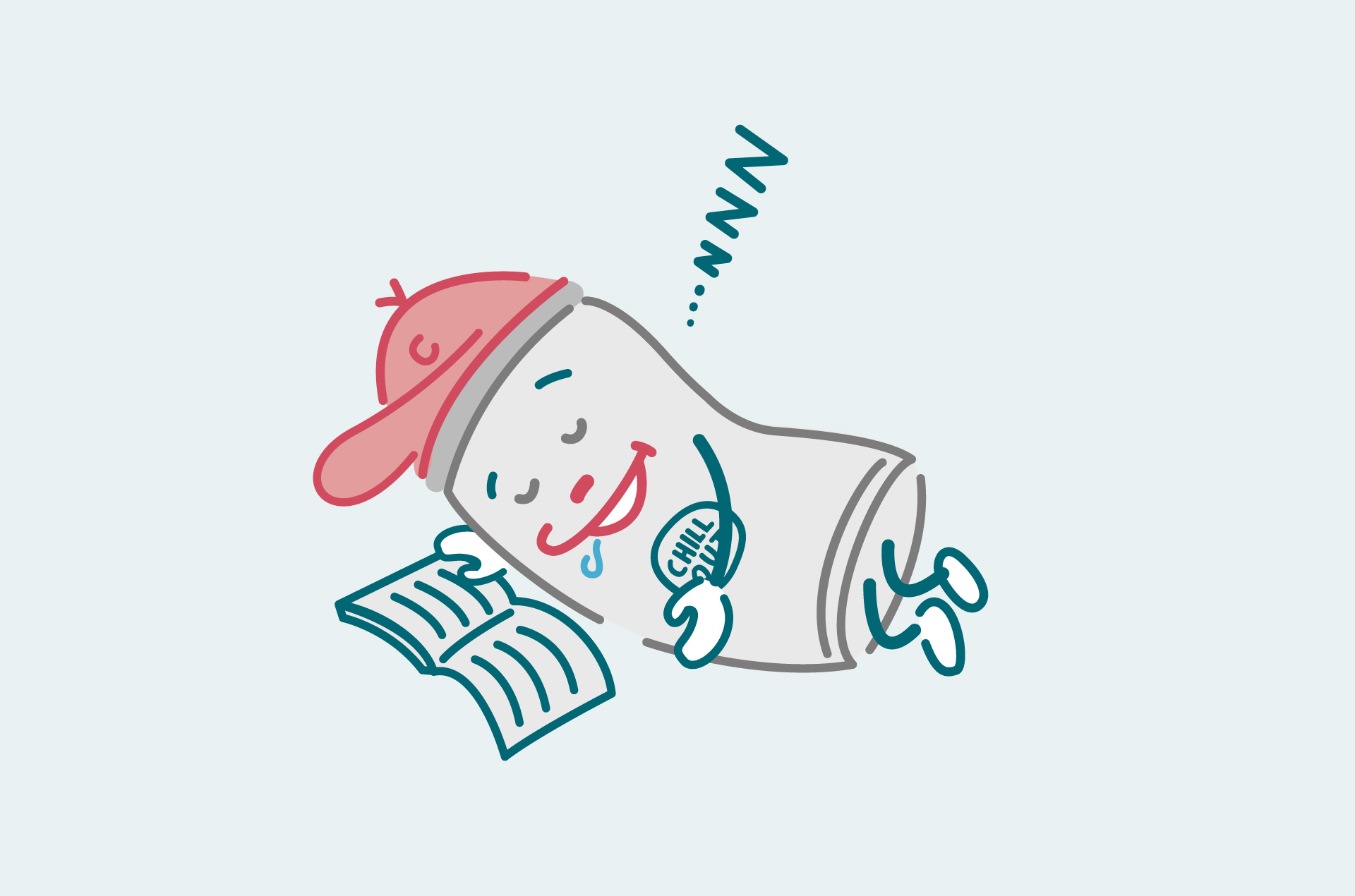
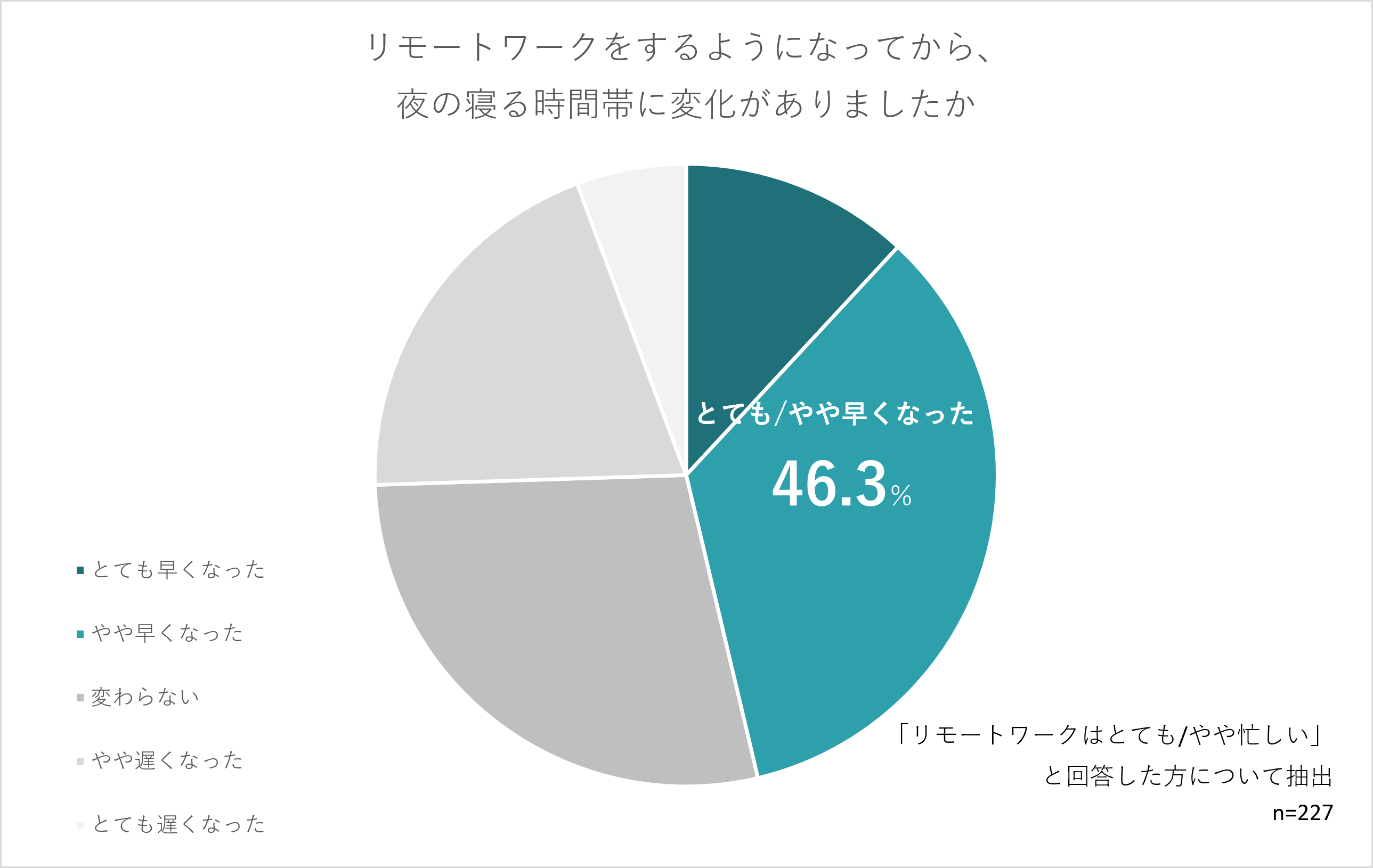
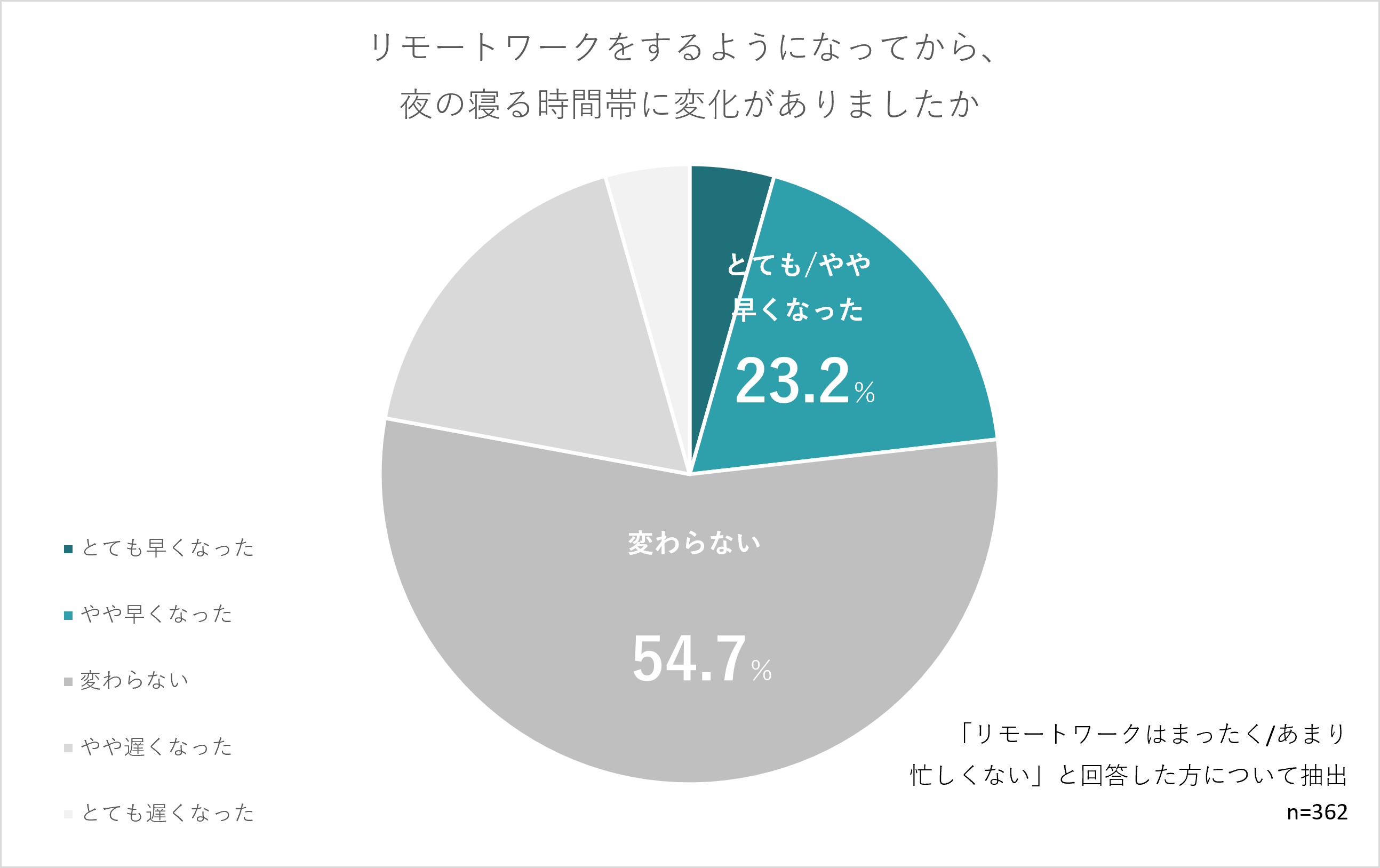
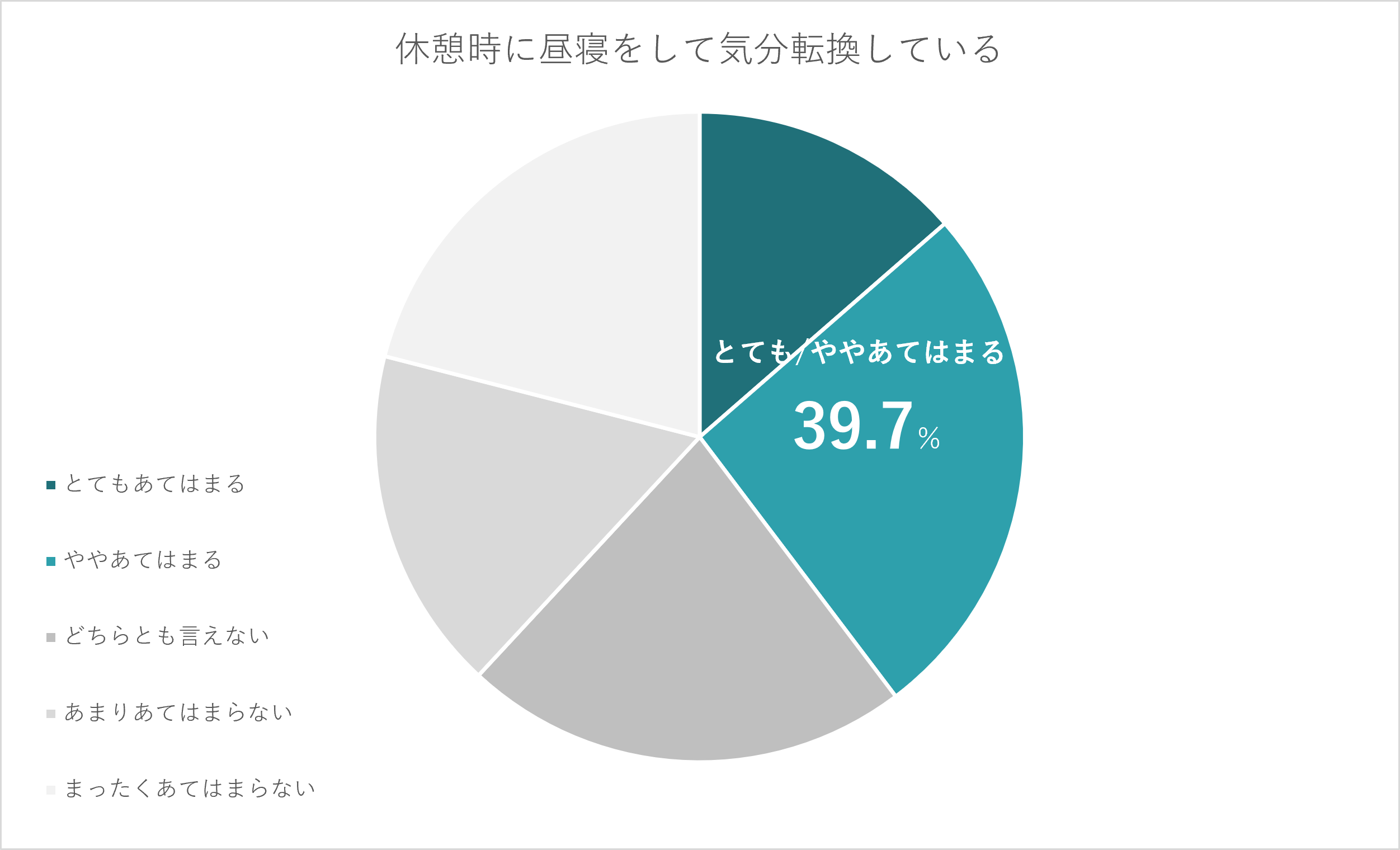
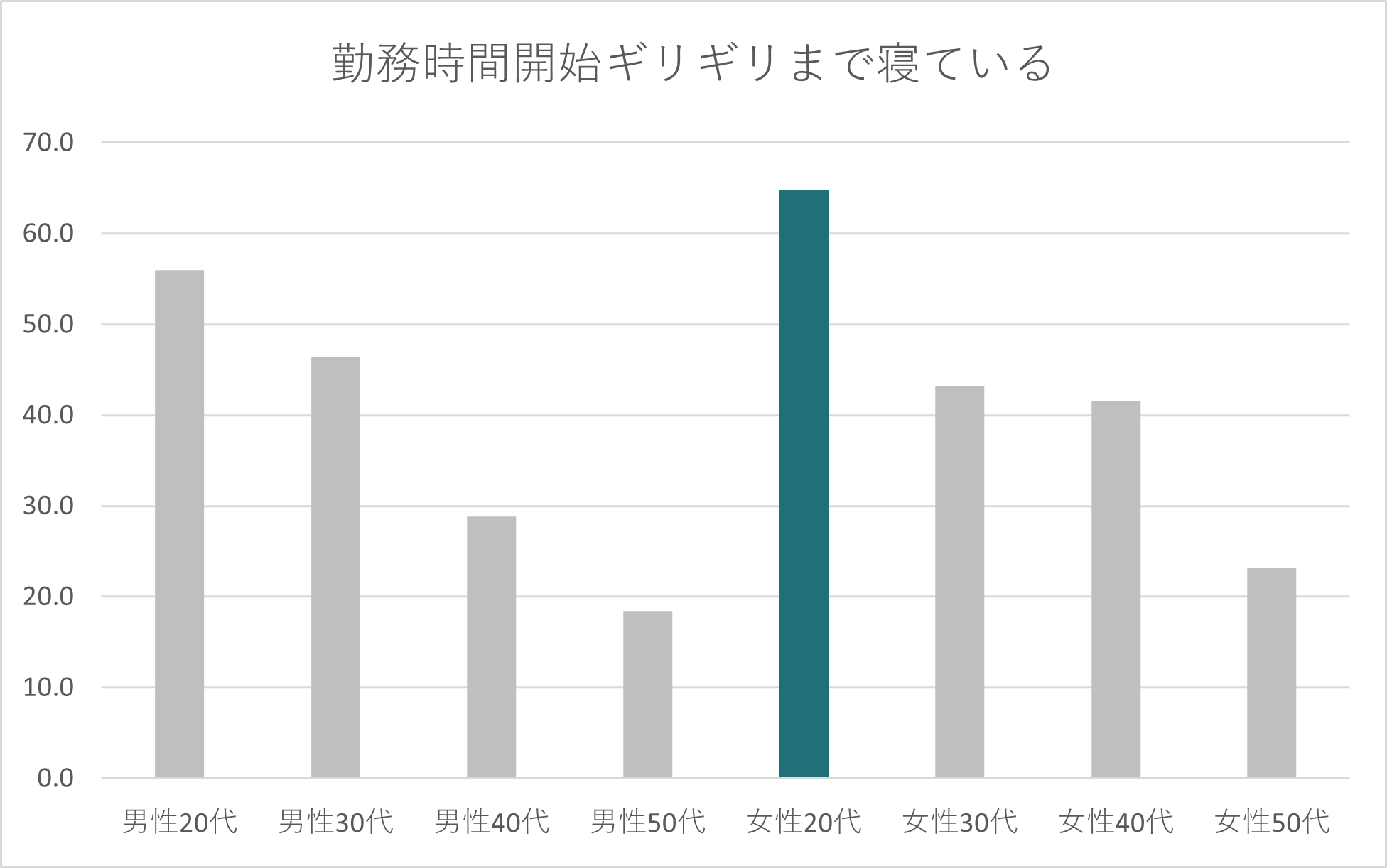
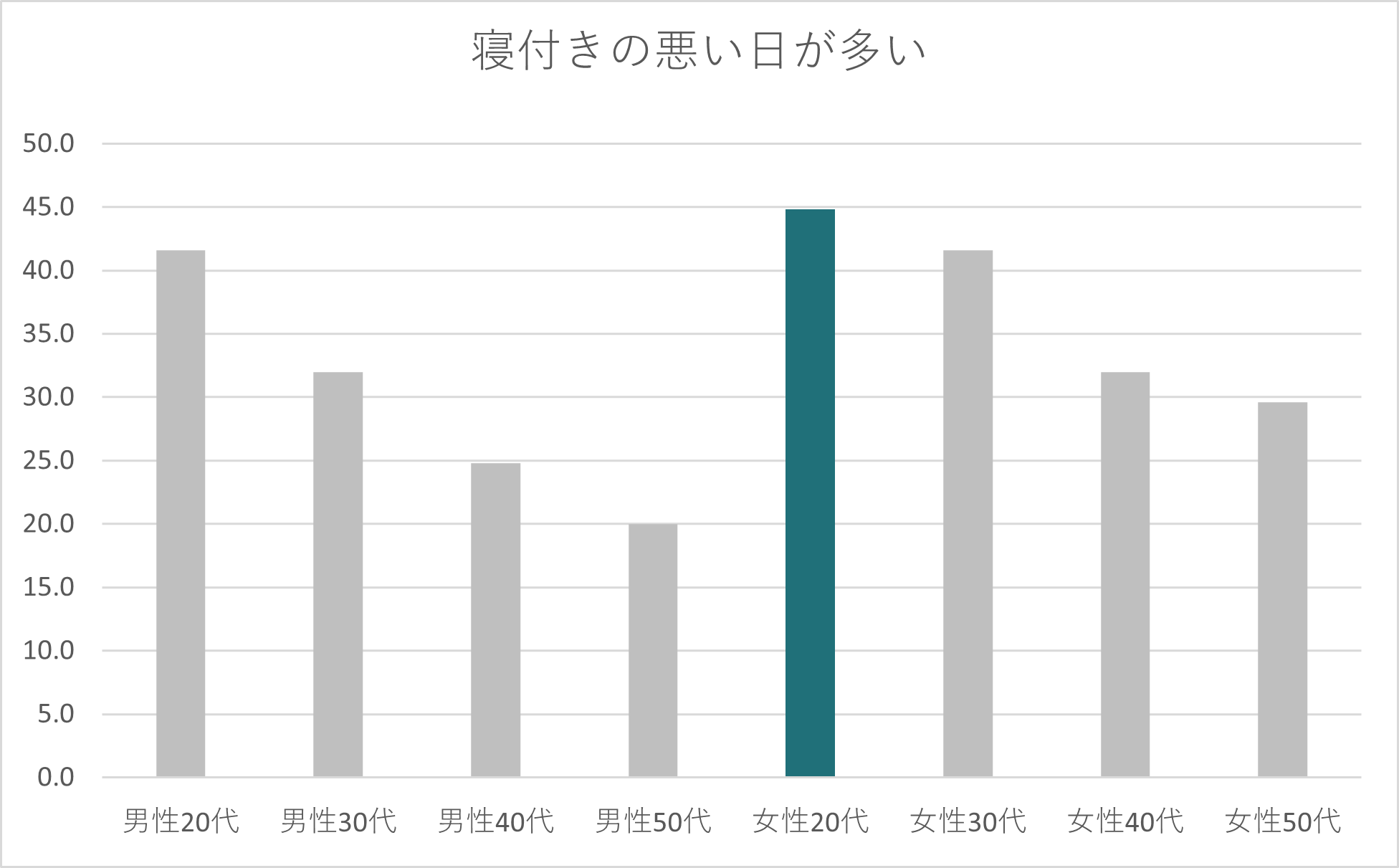
 Survey reveals most Japanese workers want to work from home at least twice per week
Survey reveals most Japanese workers want to work from home at least twice per week Survey reveals Japan’s Generation Z dresses for social media, not for self-expression
Survey reveals Japan’s Generation Z dresses for social media, not for self-expression Survey asks which country’s fashion is the most influential in Japanese street style
Survey asks which country’s fashion is the most influential in Japanese street style Over 94 percent of Japanese people in survey find movie theater prices too expensive
Over 94 percent of Japanese people in survey find movie theater prices too expensive Roughly 40 percent of single Japanese men in their 20s have never been on a date, survey says
Roughly 40 percent of single Japanese men in their 20s have never been on a date, survey says Foreigner’s request for help in Tokyo makes us sad for the state of society
Foreigner’s request for help in Tokyo makes us sad for the state of society Japanese city loses residents’ personal data, which was on paper being transported on a windy day
Japanese city loses residents’ personal data, which was on paper being transported on a windy day Akihabara pop-up shop sells goods made by Japanese prison inmates
Akihabara pop-up shop sells goods made by Japanese prison inmates Harajuku Station’s beautiful old wooden building is set to return, with a new complex around it
Harajuku Station’s beautiful old wooden building is set to return, with a new complex around it French Fries Bread in Tokyo’s Shibuya becomes a hit on social media
French Fries Bread in Tokyo’s Shibuya becomes a hit on social media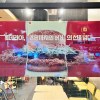 We tried Korea’s way-too-big King Tonkatsu Burger at Lotteria 【Taste Test】
We tried Korea’s way-too-big King Tonkatsu Burger at Lotteria 【Taste Test】 Ghibli Park now selling “Grilled Frogs” from food cart in Valley of Witches
Ghibli Park now selling “Grilled Frogs” from food cart in Valley of Witches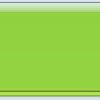 You Can Have Your Very Own Whale Party on iPhone Messages In Just a Few Simple Steps
You Can Have Your Very Own Whale Party on iPhone Messages In Just a Few Simple Steps Red light district sushi restaurant in Tokyo shows us just how wrong we were about it
Red light district sushi restaurant in Tokyo shows us just how wrong we were about it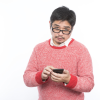 11 different ways to say “father” in Japanese
11 different ways to say “father” in Japanese McDonald’s new Happy Meals offer up cute and practical Sanrio lifestyle goods
McDonald’s new Happy Meals offer up cute and practical Sanrio lifestyle goods Japanese ramen restaurants under pressure from new yen banknotes
Japanese ramen restaurants under pressure from new yen banknotes Studio Ghibli releases new action figures featuring Nausicaä of the Valley of the Wind characters
Studio Ghibli releases new action figures featuring Nausicaä of the Valley of the Wind characters New private rooms on Tokaido Shinkansen change the way we travel from Tokyo to Kyoto
New private rooms on Tokaido Shinkansen change the way we travel from Tokyo to Kyoto Tokyo Tsukiji fish market site to be redeveloped with 50,000-seat stadium, hotel, shopping center
Tokyo Tsukiji fish market site to be redeveloped with 50,000-seat stadium, hotel, shopping center All-you-can-drink Starbucks and amazing views part of Tokyo’s new 170 meter-high sky lounge
All-you-can-drink Starbucks and amazing views part of Tokyo’s new 170 meter-high sky lounge Beautiful Ghibli sealing wax kits let you create accessories and elegant letter decorations【Pics】
Beautiful Ghibli sealing wax kits let you create accessories and elegant letter decorations【Pics】 Studio Ghibli releases Kiki’s Delivery Service chocolate cake pouches in Japan
Studio Ghibli releases Kiki’s Delivery Service chocolate cake pouches in Japan New definition of “Japanese whiskey” goes into effect to prevent fakes from fooling overseas buyers
New definition of “Japanese whiskey” goes into effect to prevent fakes from fooling overseas buyers Our Japanese reporter visits Costco in the U.S., finds super American and very Japanese things
Our Japanese reporter visits Costco in the U.S., finds super American and very Japanese things Studio Ghibli unveils Mother’s Day gift set that captures the love in My Neighbour Totoro
Studio Ghibli unveils Mother’s Day gift set that captures the love in My Neighbour Totoro More foreign tourists than ever before in history visited Japan last month
More foreign tourists than ever before in history visited Japan last month New Pokémon cakes let you eat your way through Pikachu and all the Eevee evolutions
New Pokémon cakes let you eat your way through Pikachu and all the Eevee evolutions Sales of Japan’s most convenient train ticket/shopping payment cards suspended indefinitely
Sales of Japan’s most convenient train ticket/shopping payment cards suspended indefinitely Sold-out Studio Ghibli desktop humidifiers are back so Totoro can help you through the dry season
Sold-out Studio Ghibli desktop humidifiers are back so Totoro can help you through the dry season Japanese government to make first change to romanization spelling rules since the 1950s
Japanese government to make first change to romanization spelling rules since the 1950s Ghibli founders Toshio Suzuki and Hayao Miyazaki contribute to Japanese whisky Totoro label design
Ghibli founders Toshio Suzuki and Hayao Miyazaki contribute to Japanese whisky Totoro label design Doraemon found buried at sea as scene from 1993 anime becomes real life【Photos】
Doraemon found buried at sea as scene from 1993 anime becomes real life【Photos】 Tokyo’s most famous Starbucks is closed
Tokyo’s most famous Starbucks is closed One Piece characters’ nationalities revealed, but fans have mixed opinions
One Piece characters’ nationalities revealed, but fans have mixed opinions We asked a Uniqlo employee what four things we should buy and their suggestions didn’t disappoint
We asked a Uniqlo employee what four things we should buy and their suggestions didn’t disappoint Princesses, fruits, and blacksmiths: Study reveals the 30 most unusual family names in Japan
Princesses, fruits, and blacksmiths: Study reveals the 30 most unusual family names in Japan Is it OK to split the bill on a date in Japan? Survey asks what women and men of different ages think
Is it OK to split the bill on a date in Japan? Survey asks what women and men of different ages think Only one demographic in survey is happy about Japan’s workplace obligation Valentine’s chocolate
Only one demographic in survey is happy about Japan’s workplace obligation Valentine’s chocolate Survey reveals disturbing statistics about if Japanese people wash hands after going to bathroom
Survey reveals disturbing statistics about if Japanese people wash hands after going to bathroom Nearly half of young Japanese women say they “hate” the company they work for in survey
Nearly half of young Japanese women say they “hate” the company they work for in survey What’s the best way to close the gender gap in Japan? Japanese women weigh in
What’s the best way to close the gender gap in Japan? Japanese women weigh in Food, sleep, or sex? Survey asks Japanese people which they can’t live without
Food, sleep, or sex? Survey asks Japanese people which they can’t live without Is pachinko headed for extinction in Japan? Studies reveal huge drop in players, hall operators
Is pachinko headed for extinction in Japan? Studies reveal huge drop in players, hall operators Survey says more than 70 percent of Japanese people think gender inequality exists in Japan
Survey says more than 70 percent of Japanese people think gender inequality exists in Japan Rate of young Japanese people who want to get married someday drops to lowest ever in survey
Rate of young Japanese people who want to get married someday drops to lowest ever in survey Rich and bald or handsome and poor? Survey asks Japanese women who’d they’d rather marry
Rich and bald or handsome and poor? Survey asks Japanese women who’d they’d rather marry Futago koude: The hot new fashion trend of Japanese women dressing like twins
Futago koude: The hot new fashion trend of Japanese women dressing like twins Majority of Japanese men in their 20s say they want men-only train cars in survey
Majority of Japanese men in their 20s say they want men-only train cars in survey How many married people with children in Japan admit to cheating on their spouse? Survey says…
How many married people with children in Japan admit to cheating on their spouse? Survey says… Nearly one in three Japanese men in survey prefer to sit down when taking a pee
Nearly one in three Japanese men in survey prefer to sit down when taking a pee The five least stressful jobs, as ranked by Japanese working people
The five least stressful jobs, as ranked by Japanese working people Young Japanese women pick least favorite ways they feel pressured to socialize with coworkers
Young Japanese women pick least favorite ways they feel pressured to socialize with coworkers
Leave a Reply